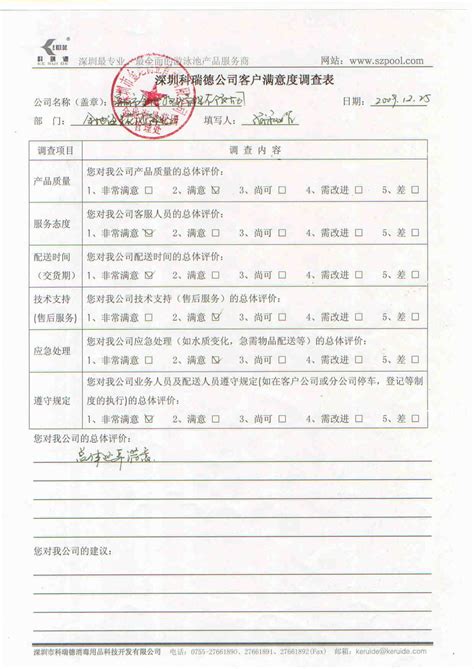Early childhood education plays a pivotal role in laying the foundation for a child's future development. Feedback records in this domain serve as valuable insights into the effectiveness of teaching methods, curriculum design, and overall child development. In this analysis, we delve into the feedback records of a preschool employing the "Jue Ju" early education approach. Through this examination, we aim to identify patterns, strengths, weaknesses, and recommendations for optimizing early childhood education.

1.
The feedback records indicate that the "Jue Ju" approach emphasizes a holistic teaching methodology, integrating playbased learning, sensory experiences, and storytelling. Parents consistently commend the interactive nature of the lessons, stating that their children are highly engaged and enthusiastic about learning. This positive reinforcement underscores the effectiveness of the methodology in fostering a love for learning from a young age.
2.
The feedback records reveal mixed responses regarding the breadth and depth of the curriculum content. While parents appreciate the incorporation of diverse subjects such as language, math, and arts, some express concerns about the depth of coverage in certain areas. Suggestions include enhancing the curriculum with more structured activities to reinforce core concepts while maintaining the playcentric approach.
3.
A notable strength of the "Jue Ju" approach is its emphasis on individualized learning and progress tracking. Feedback records consistently highlight how teachers closely monitor each child's development and tailor activities to their needs and interests. Parents value this personalized approach, noting significant improvements in their children's cognitive, social, and emotional skills over time.
4.
Effective communication between teachers and parents is crucial for a child's educational journey. While the feedback records indicate overall satisfaction with the level of communication, there are instances where parents express a desire for more detailed progress reports and guidance on how to support their child's learning at home. Strengthening communication channels through regular updates, workshops, and parentteacher meetings can address these concerns.
1.
Introduce supplementary activities or modules to deepen the exploration of key subjects such as early literacy, numeracy, and critical thinking. This can be achieved through structured play sessions, interactive storytelling, and handson experiments tailored to the developmental stage of each child.
2.
Invest in ongoing training and professional development opportunities for teachers to refine their skills in implementing the "Jue Ju" approach effectively. Workshops on curriculum enrichment, child psychology, and parent engagement strategies can enhance teaching practices and overall program quality.
3.
Explore the integration of educational technology tools and resources to augment learning experiences. Interactive learning apps, digital storytelling platforms, and virtual reality simulations can complement classroom activities and cater to diverse learning styles.
4.
Empower parents with resources and guidance to actively support their child's learning journey at home. Provide access to educational materials, workshops on early childhood development, and tips for creating a conducive learning environment outside of school.
In conclusion, the analysis of feedback records from the "Jue Ju" early education program highlights its strengths in fostering a love for learning, personalized instruction, and parentteacher collaboration. By addressing areas for improvement such as curriculum enrichment, professional development, technology integration, and parental empowerment, the program can further optimize its effectiveness in nurturing the holistic development of young children.
版权声明:本文为 “心一设计网” 原创文章,转载请附上原文出处链接及本声明;

